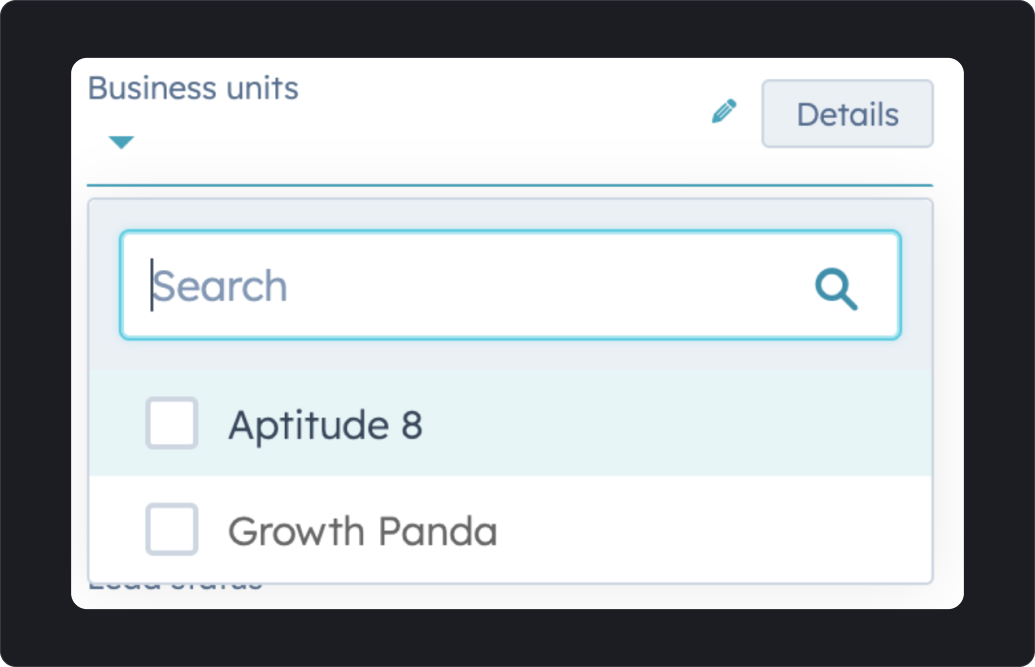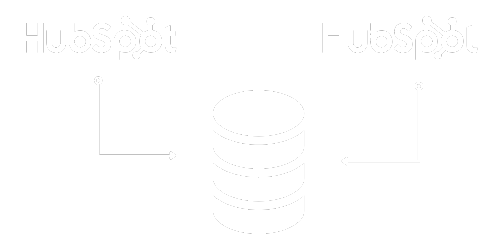Managing multiple teams, products, or business units can be a complex task for many companies, especially those operating at an enterprise-level. HubSpot can help!
Finding the Right Solution for Your Business
With different sales and marketing teams handling various parts of the business, companies need to simultaneously manage multiple values for things like record owner or lifecycle stage.
HubSpot provides several ways to achieve this functionality, from creating custom properties to using its Marketing Hub Enterprise Add-on or even separate HubSpot portals with a shared data warehouse. Depending on your specific needs and budget, you can choose the most suitable strategy for your business to ensure effective management of your various teams, products, or business units.
Strategies for Managing Multiple Teams, Products, and Business Units in HubSpot
Let's take a look at three strategies for managing multiple teams, products, or business units in HubSpot.
03 Utilizing custom properties for owners, lifecycle stages and more
You can create custom properties to store data that may be different between products, or teams, or business unit.

This is the most accessible option, since you can do it using any Hub or Tier. However, you are limited in your ability to separate marketing assets and depending on the complexity of your setup, you increase your risk of messy data and reporting.
Here are some properties you'll want to create for each business unit:
Owner
Let multiple HubSpot users "own" a single contact or company so that they can manage those relationships separately.
Lifecycle Stage
Track how contacts and companies are moving through the marketing and sales funnel separately. This involves creating complex automation to ensure all stage properties stay updated independently
Assigned Business Units
Using a multi-select property, show which business units are associated with a record. Add it as a hidden field on forms to auto-assign contact when they submit.
02 Utilizing Marketing Hub Enterprise add-on: HubSpot business units
Yes, HubSpot actually has a native solution for this already! It is a paid add-on for Marketing Hub Enterprise, so it requires a larger financial investment than custom properties alone (yes, you'll still need to create some custom properties).

It allows you to segment your marketing assets by business unit, including:
➢ Forms
➢ Emails
➢ Email Subscriptions
➢ Landing & Website Pages
➢ Blogs
➢ Campaigns
➢ Dashboards
➢ Brand Kits
The Business Units add-on is best for companies that are managing multiple distinct brands that have separate web and digital assets, but want to maintain the same data infrastructure between brands.
03 Utilizing a data warehouse and separate HubSpot portals
Utilizing a data warehouse and separate HubSpot portals is the most expensive but comprehensive option for managing multiple teams, products, or business units. This approach is suitable for companies that require full customization of HubSpot features for each brand or business unit.

By using separate portals, each team or business unit can manage their marketing and sales activities independently while syncing their data to a shared data warehouse. This enables company-wide reporting and analysis of data from each portal, providing a comprehensive view of the business as a whole.
Although this option is costly, it offers the highest level of flexibility and control over data management, making it ideal for companies with complex business structures and diverse product offerings.
Ready to get started?
There are several ways that you can manage your teams, products, or business units in HubSpot and it all depends on your needs and budget.
From creating custom properties to using the Marketing Hub Enterprise Add-on or separate HubSpot portals with a shared data warehouse, there are options to ensure effective management of your various teams, products, or business units.
If you are interested in learning more, can contact us at Aptitude 8, and our experts can help you determine the best strategy for your business.






